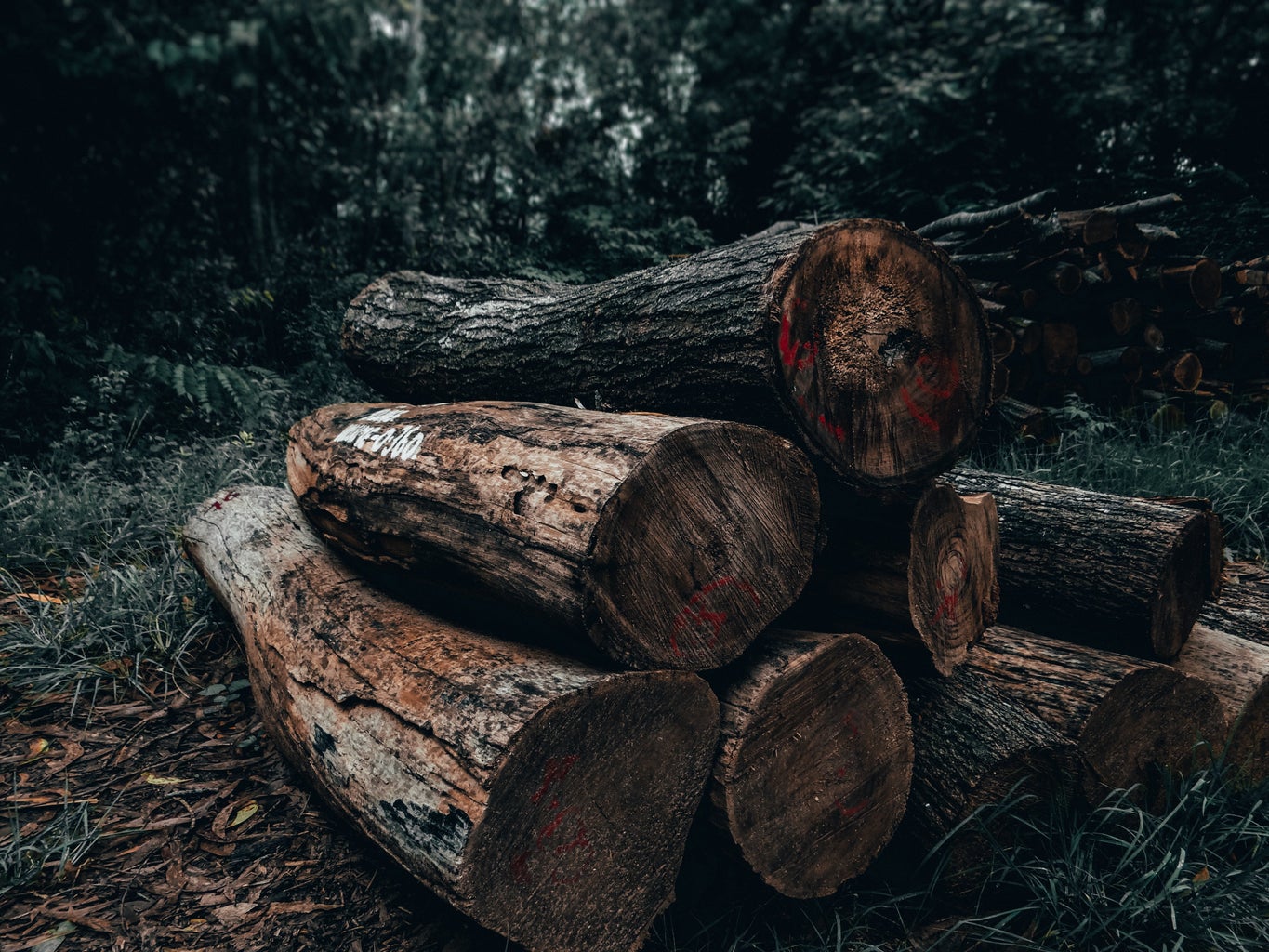Fall is upon us–I am sure that I am not the only one that sets off into a new school year and the start of the holiday season with the yearning for other new beginnings. However, right around this time, I am also typically faced with an impatience involving the parts of my life that haven’t met my expectations, as well as a melancholia that wraps delicately around my being, begging to be nurtured. Basically, what I am trying to say is…it is the season in which I find my woeful album of the year. As the weather shifts towards the chill and cool blue of autumn, it cultivates a subsequent shift in my mentality. This, coupled with the social shift of busyness and newness, creates a perfect storm that requires a soundtrack to define the confusing jumble all in one convenient and satisfying form of consumption: music. So, just like clockwork, this year Noah Kahan’s Album Stick Season (We’ll All Be Here Forever) found me. Usually, when I truly love an album, all of its nuances and defining lines, moments, and metaphors seep into the facets of my mind with nowhere to go. However, this year I thought it might be interesting to write about it.
Immediately, I found this album to be one of the most cohesive I have ever listened to. Usually albums have a thesis that most of the songs fall under, but Stick Season offers a constant motif that every song on the album falls into in one way or another. As a listener, it creates a sound and space that is enclosing, existing perfectly within itself and nothing else. The album narrates the life of a man born and raised in a small town in New England, personifying the landscape and reflecting on the people, the weather, and the emotions that come with such an upbringing. There is a lasting tone of listless confinement meeting uncontrollable, grudging love. I would say all the songs fit into one of three categories.
The first category is ‘Ode to His Town’ and includes “Northern Attitude,” “Come Over,” “New Perspective,” “Homesick,” “Paul Revere,” and “The View Between Villages.” These songs capsulize life in a small town, the things you love, the things you hate, and the things you can’t escape. I particularly responded to these songs because, growing up in a small town myself, it is not often I get the chance to consume art that accurately conveys the culture of this type of upbringing. Northern Attitude is the album opener, with a telling chorus perfectly foreshadowing the sentiment of the record: “If I get too close / And I’m not how you hoped / Forgive my northern attitude / Oh, I was raised out in the cold,” Every one of these songs include moving verses ranging from a personification of his childhood home (Come Over) to personal interviews from some of the people from his town (The View Between Villages-Extended). My personal favorite lines from this category are “Well, I’m tired of dirt roads / Named after high school friends’ grandfathers/ And motherfuckers here/ Still don’t know they caught the Boston bombers” (Homesick) and “I’m in my car and I see the yard / The patch of grass where we buried the dog / And the world makes sense behind a chain-link fence / If I could leave, I would’ve already left” (Paul Revere).
The second category is ‘Ode to Past Love’ and includes “Stick Season,” “All My Love,” “She Calls me Back,” “Everywhere, Everything,” “Strawberry Wine,” “Halloween,” “Your Needs, My Needs,” and “Dial Drunk.” These songs fall under a theme of lost love, often tying back to his New England upbringing regarding his behavior, limitations, and role as a lover. “Stick Season” gained quite a bit of traction online, becoming his most streamed song with over 200 million listens on Spotify. It is easy to see why when listening to the chorus, expressing the grief of a break up in the simple yet poetic way that I would expect from a folk singer in a small town in New England. It reads: “I love Vermont, but it’s the season of the sticks and I / Saw your mom she forgot that I existed and / It’s half my fault, but I just like to play the victim / I’ll drink alcohol ’til my friends come home for Christmas / And I’ll dream each night of some version of you / That I might not have, but I did not lose / Now you’re tire tracks and one pair of shoes /And I’m split in half, but that’ll have to do.” The other songs express his previous romances in the same wistful way. “Dial Drunk” gained popularity as well for the cutting wordplay foreshadowed in the title: “I dial drunk, I’ll die a drunk, I’ll die for you.”
The final category I could only think to call “Ode to Issues” and it includes “Orange Juice,” “Growing Sideways,” “Still,” “No Complaints,” “Call Your Mom,” and “You’re Gonna Go Far.” I find these songs to be the most interesting out of the three categories, purely because they tend to revolve around raw and painful human experience through a series of seemingly insignificant symbols and metaphors. This, again, relates to where he was raised: a seemingly insignificant town on the surface with more soul underneath than meets the eye. Orange Juice is probably the most suited example, following a story of a loved one in the narrator’s life that suffers from alcoholism, but got sober. The narrator shifts the blame in the situation onto himself, but ultimately the message is that he would never pull that person down again, saying “There’s orange juice in the kitchen / Bought for the children / It’s yours if you want it / We’re just glad you could visit” is the sideways way of saying “no one is going to tempt you to drink.”
Overall, the album covers broad and all encompassing passions and pain while making the listener feel trapped and yet safe in the bubble of the artist’s small town. This is made even clearer in the final verse of the final song on the album (which I believe holds the album’s thesis), “View Between Villages.” It reads: “the things that I lost here, [Ode to Issues] the people I knew [Ode to Past Love]/ They got me surrounded for a mile or two [Ode to His Town].” If you have time, I would definitely recommend Kahan’s album to anyone interested and happy Stick Season!




